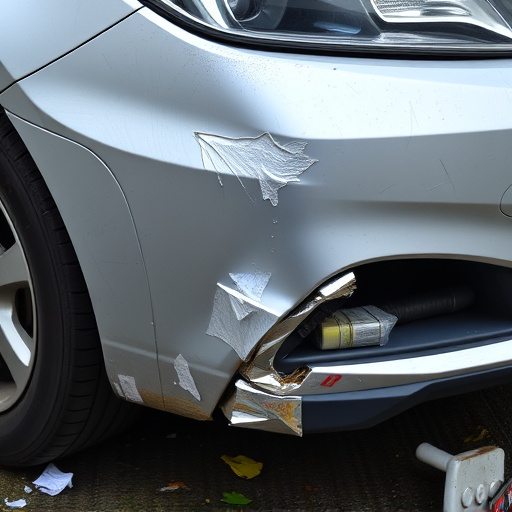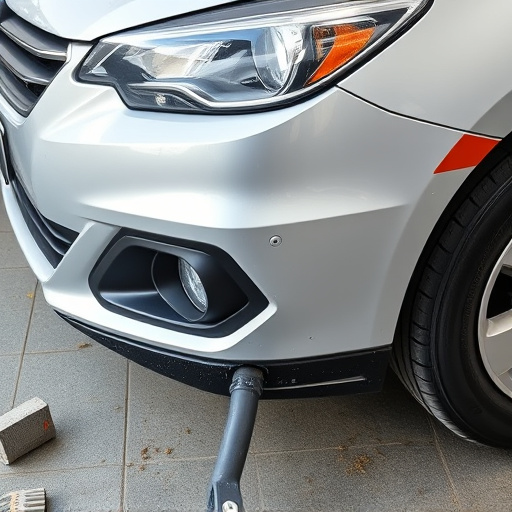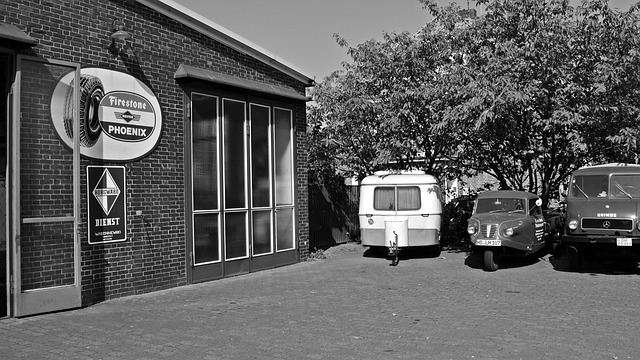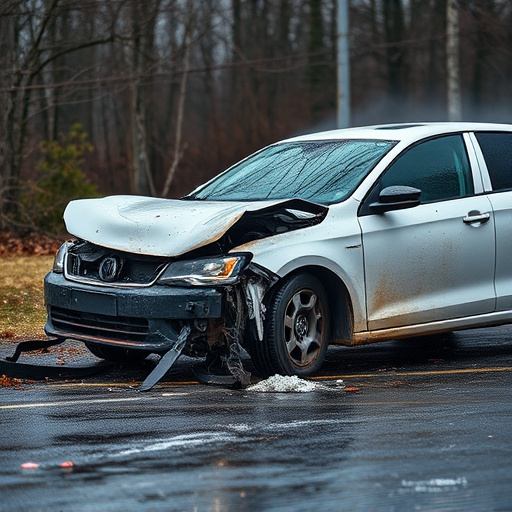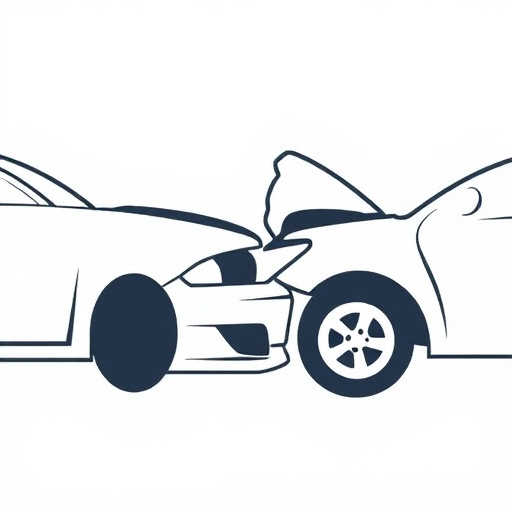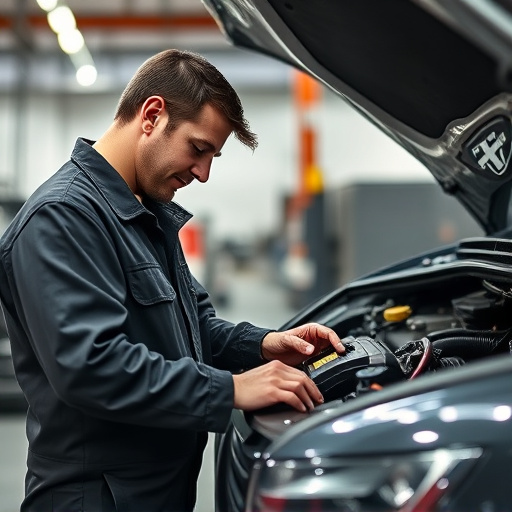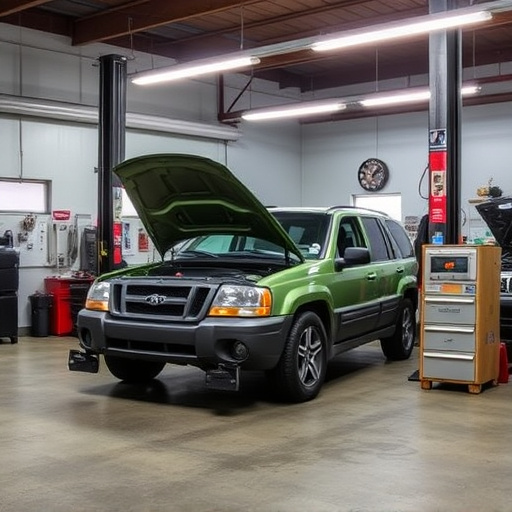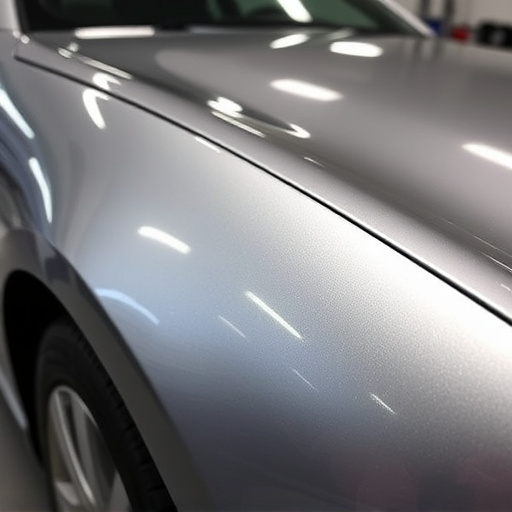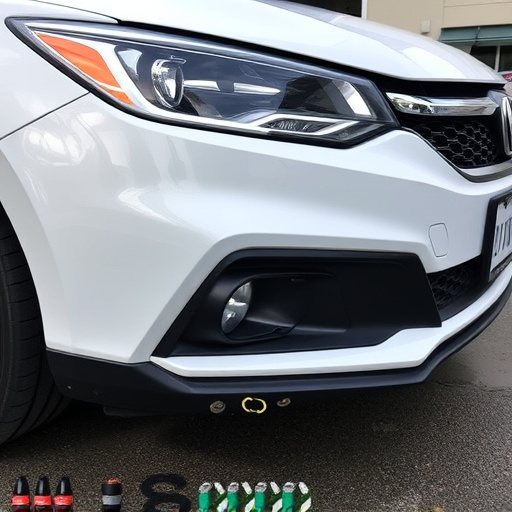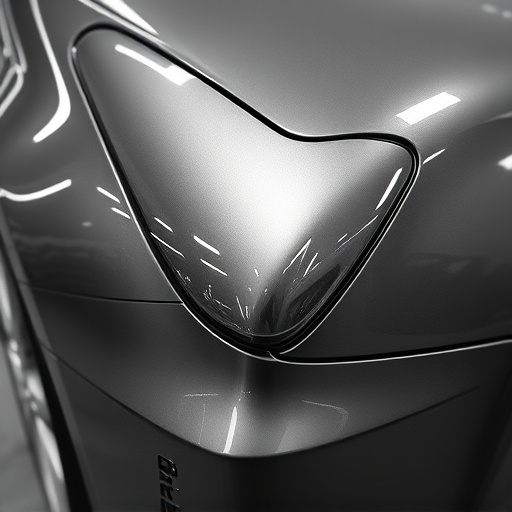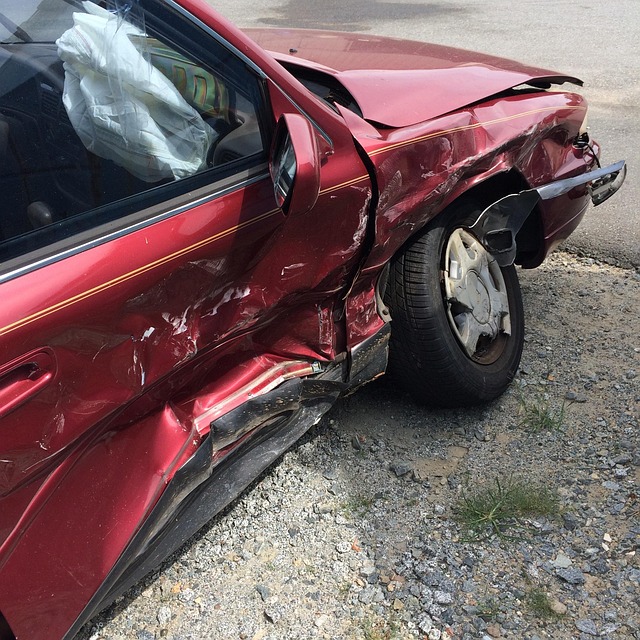Obtaining and maintaining insurance-approved repair status requires adhering to industry standards and specific insurer guidelines. This involves staying updated on car restoration techniques, gaining certifications, providing rigorous training, and establishing efficient processes for accurate assessments and effective solutions. Regular customer feedback integration refines these processes, enhancing the overall experience and solidifying a reputation for specialized services.
Looking to establish an insurance-approved collision center? This guide provides a clear roadmap. First, grasp the intricate insurance requirements for collision repair, ensuring compliance with industry standards and obtaining necessary certifications. Then, implement efficient processes that prioritize quality assurance and customer satisfaction. By adhering to these steps, your center will be well on its way to becoming a trusted, insurance-approved repair facility.
- Understand Insurance Requirements for Collision Repair
- Meet Industry Standards and Certifications Needed
- Establish Efficient Processes for Quality Assurance and Customer Satisfaction
Understand Insurance Requirements for Collision Repair
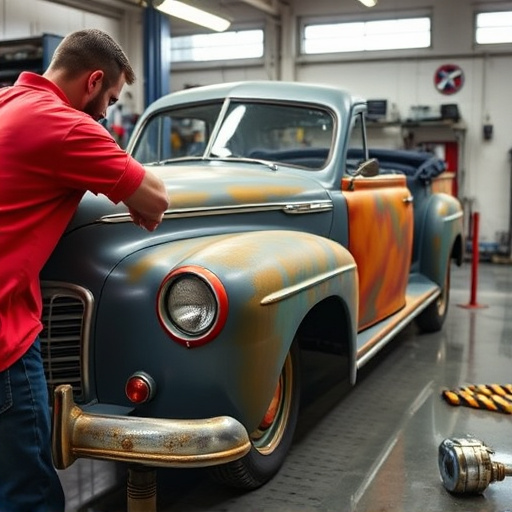
Understanding insurance requirements for collision repair is a critical step in becoming an insurance-approved center. Each insurance provider has its own set of guidelines and standards for vehicle body repair, ensuring that the repairs are safe, accurate, and meet their specific criteria. This involves staying up to date with the latest techniques and technologies in both modern and classic car restoration, as well as adhering to industry best practices.
By understanding these requirements, you can ensure that your facility is equipped to handle a wide range of vehicle body repairs, from minor dent removal to extensive crash reconstruction. This knowledge also helps in communication with insurance adjusters, demonstrating your ability to deliver high-quality, insurance-approved repairs. Whether it’s for routine maintenance or complex restoration projects like classic car bodywork, being aware of these requirements is key to establishing and maintaining a reputation as an elite insurance-approved collision center.
Meet Industry Standards and Certifications Needed
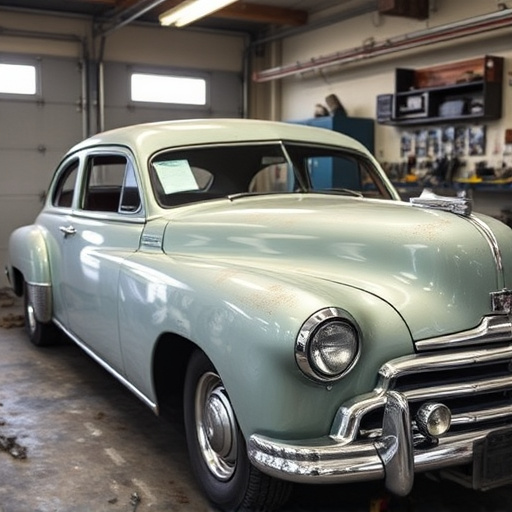
To become an insurance-approved collision center, adhering to industry standards is non-negotiable. This involves meeting specific criteria set by both national and regional bodies, ensuring that your automotive collision repair services are up to par. Certifications play a pivotal role in this process; you’ll need to obtain recognition for auto body work from respected organizations. These certifications confirm your center’s proficiency in automotive repair, which is crucial for gaining trust among insurance providers.
The process includes rigorous training and assessments to master the latest techniques in automotive collision repair. By keeping up with industry advancements and continuous education, your team will be equipped to handle a wide range of vehicle damage, from minor dents to complex structural repairs. This commitment to excellence is what insurance companies look for when approving repair centers, ensuring customers receive top-quality service while facilitating smooth claims processes.
Establish Efficient Processes for Quality Assurance and Customer Satisfaction
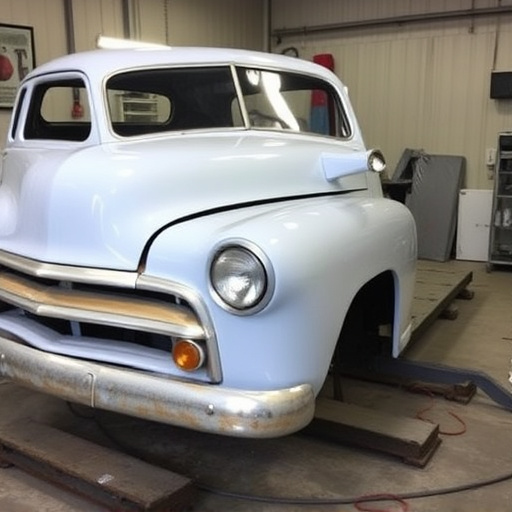
To become insurance-approved for collision repairs, establishing efficient processes is paramount to ensure quality assurance and customer satisfaction. This involves implementing rigorous standards and protocols that align with industry best practices and insurance requirements. Regular training sessions for staff can help maintain a high level of skill and knowledge in handling various vehicle collision repair scenarios, ensuring accurate assessments and effective solutions.
Customer feedback plays a crucial role in refining these processes. Actively seeking and incorporating customer input allows the collision center to identify areas for improvement, enhancing the overall experience. By focusing on these aspects, a facility can build a reputation for reliable insurance-approved repairs, including specialized services like classic car restoration, catering to diverse vehicle needs.
To become an insurance-approved collision center, understanding and adhering to industry standards and insurance requirements is crucial. By meeting these standards, establishing efficient processes for quality assurance, and prioritizing customer satisfaction, your center can gain the necessary approval, ensuring it’s equipped to handle insurance-related repairs effectively. This certification not only boosts trust with clients but also opens doors to more business opportunities in the competitive market of collision repair services.
